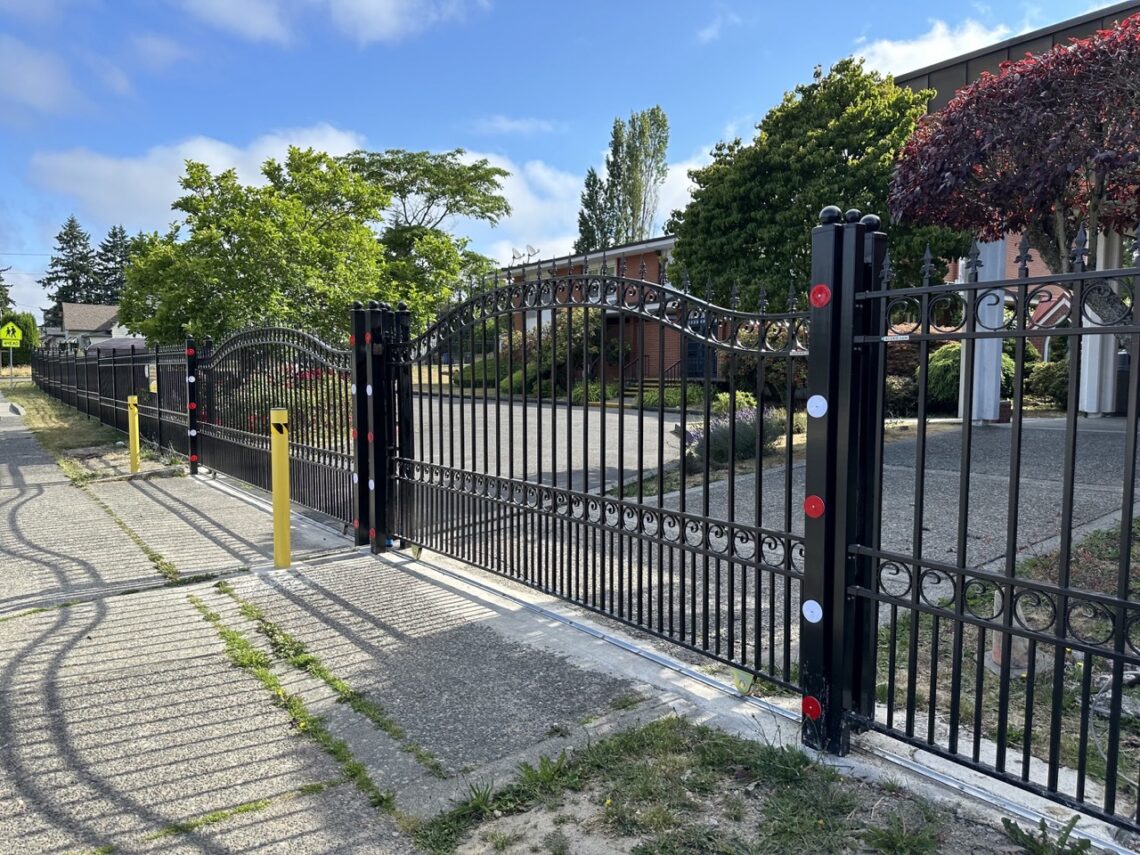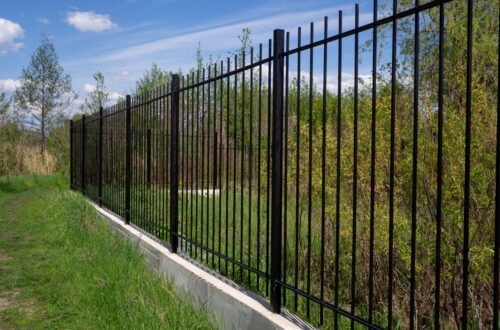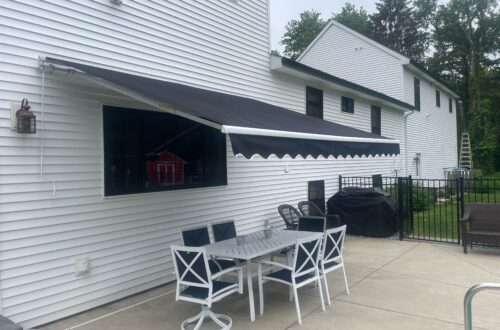A security gate is the first line of defense for controlling access to residential, commercial, and industrial properties. Whether you need to regulate vehicle flow, restrict pedestrian entry, or add a stylish yet effective gate security system, choosing the right type of gate is essential. But with so many types of security entrance gates available, how do you determine the best option? This guide will walk you through the different security gates, their features, and the key considerations for selecting the right automatic gate or manual gate for your property.
Why Security Entrance Gates Matter
Enhancing Property Security & Access Control
One of the primary functions of a security gate is to enhance gate security by preventing unauthorized entry while allowing seamless access for approved personnel or visitors. A well-designed gate security system can integrate with an advanced security system or gate access control system, providing added layers of safety.
Key Considerations When Choosing a Security Gate
Selecting a security gate involves more than just aesthetics. Factors like gate type, property layout, and automation capabilities play a crucial role in choosing the right automated gate or manual gate. Additionally, considerations such as maintenance, material durability, and ease of operation should influence your decision.
Balancing Security, Convenience, and Aesthetics
While security is the main priority, gate security systems should also be convenient and visually appealing. A driveway gate, for example, should complement the surrounding fence or garage doors while offering top-tier protection. Whether it’s a wrought iron gate, wooden gate, or metal gate, the right choice should blend functionality with style. The same goes for industrial or commercial spaces. Make sure to choose a commercial fence design that works with your space when selecting your materials.
Types of Security Entrance Gates
Swing Gates
Dual and single swing gates operate like traditional doors, swinging inward or outward depending on the available space. They are a common residential gate and commercial gate option due to their classic design and reliability. Swing gates can be manual gates or automatic gates powered by a gate operator for added convenience.
Sliding Gates
A sliding driveway gate moves horizontally along a track, making it ideal for properties with limited clearance for swinging gates. Sliding gates are commonly used as commercial security entrance gates because they offer strong gate security without requiring excessive space.
Bi-Folding Gates
A bi folding gate consists of two panels that fold together when opening, allowing for quick access. Bi folding gates are often used in high-traffic areas where a fast-opening gate system is needed.
Vertical Lift & Vertical Pivot Gates
Vertical lift gates rise straight up, making them an excellent option for areas with space restrictions. Similarly, pivot gates swing upwards at an angle rather than sliding or folding, making them a practical solution for properties with uneven terrain.
Cantilever Gates
A cantilever gate is a type of sliding gate that operates without a ground track, making it ideal for locations prone to debris, snow, or ice buildup. Cantilever slide gates are popular in industrial and high-security settings.
Rolling & Overhead Track Gates
A rolling gate or overhead slide gate operates on a top track system, allowing the gate panel to slide smoothly above the entryway. These metal gates are often found in commercial environments where durability and efficiency are key.
Barrier Arm Gates
Barrier arm gates use a horizontal bar to control vehicle access and are commonly seen in parking lots and toll booths. Though they don’t provide full physical barriers like wrought iron gates, they are a practical and affordable gate security system solution.
Pedestrian Gates & Turnstiles
For controlling foot traffic, pedestrian gates and turnstiles ensure that only authorized individuals can enter restricted areas. These are commonly integrated into security systems for commercial properties and event venues.

Key Factors to Consider When Selecting a Security Gate
Level of Security Required
The type of security gate you choose depends on the level of protection needed. Commercial security gates may require gate access control systems with keypads or biometric scanners, while residential gates might rely on manual gates or basic remote entry systems.
Space and Installation Requirements
Different types of security entrance gates require varying amounts of space. Swinging gates need ample room to open, while sliding gates and cantilever gates are better for areas with limited clearance. Evaluate your property layout to determine the best fit.
Automation and Access Control Compatibility
Do you need a manual gate or an automatic gate? Automated gates provide ease of use with remote operation and can integrate with gate access control systems for enhanced security. You will want to choose a gate opener that works best for your needs.
Durability and Material Choices
The material of your gate system plays a significant role in its longevity and strength. Metal gates, such as wrought iron gates and steel gates, offer superior durability, while wooden gates provide a natural aesthetic but may require more maintenance. Be sure to explore the various gate types to find the perfect fit for your space, balancing security, functionality, and style.
Conclusion
Selecting the right security gate is about balancing protection, convenience, and aesthetics. Whether you opt for a sliding gate, bi folding gate, pivot gate, or cantilever gate, the right gate system will enhance gate security while complementing your property. ALEKO offers a wide selection of driveway gates, commercial security gates, and gate access control solutions designed to meet your unique security needs. For more curb appeal, add manual retractable awnings to shade entryways and landscapes. Explore our options today and find the perfect automatic gate or manual gate, and other outdoor solutions for your property.






